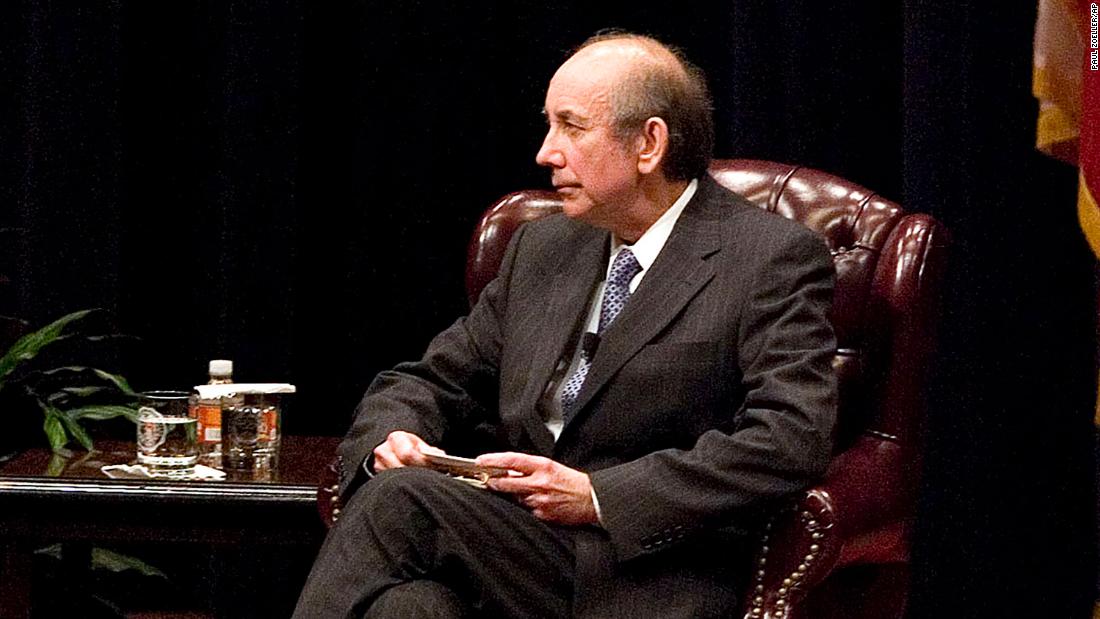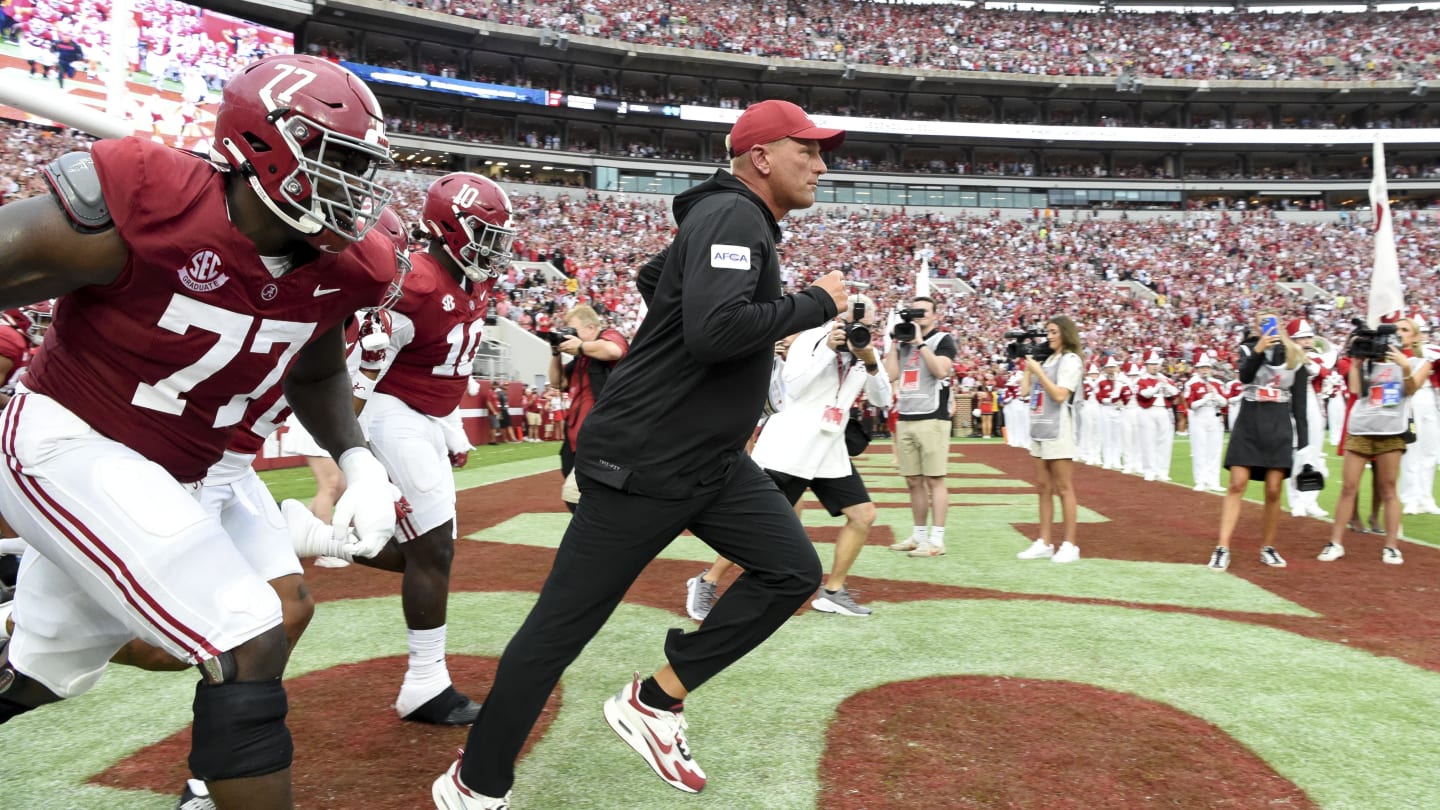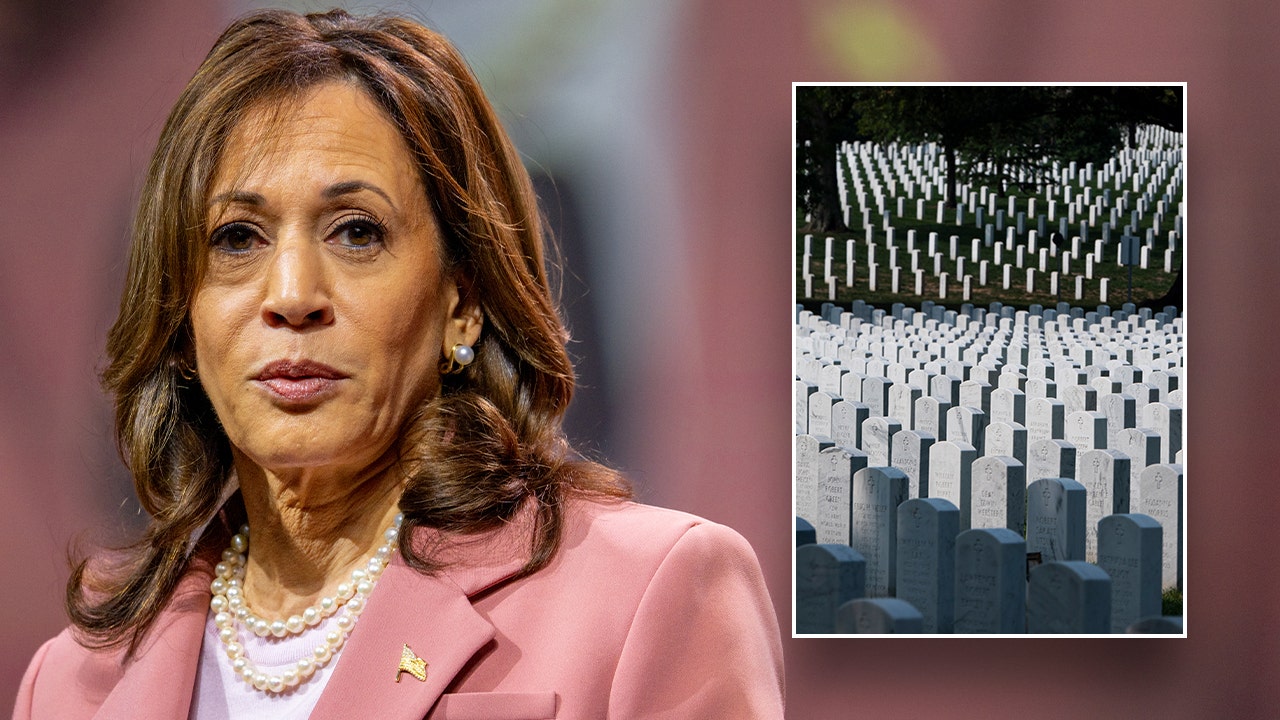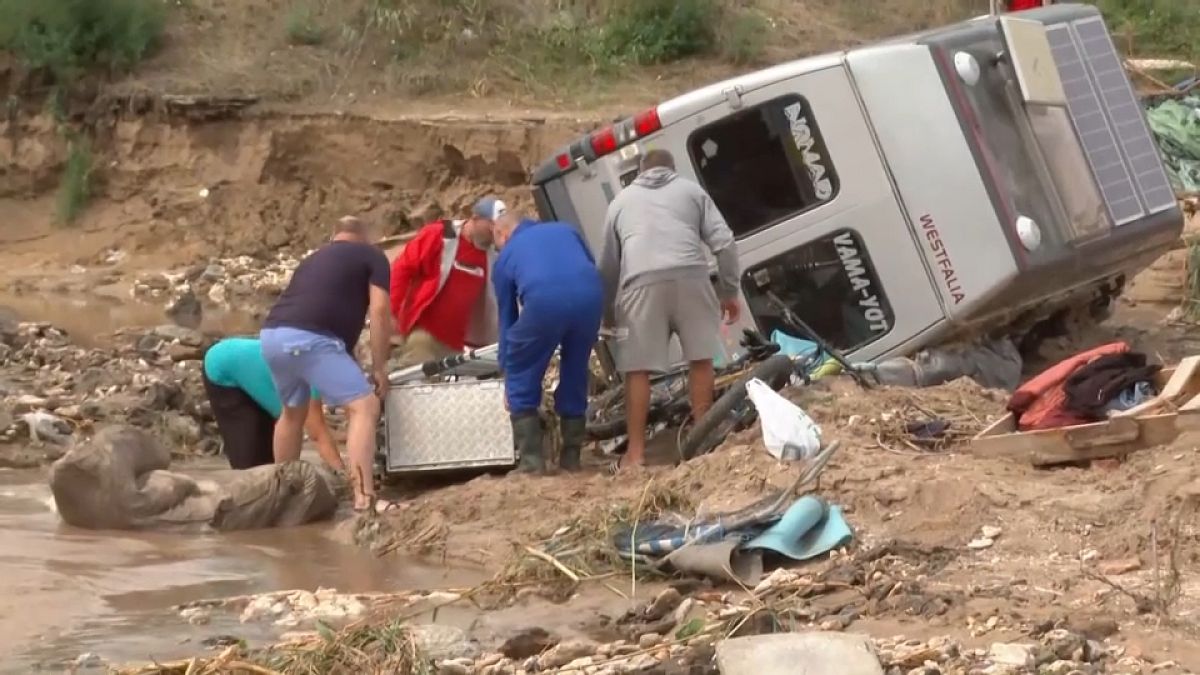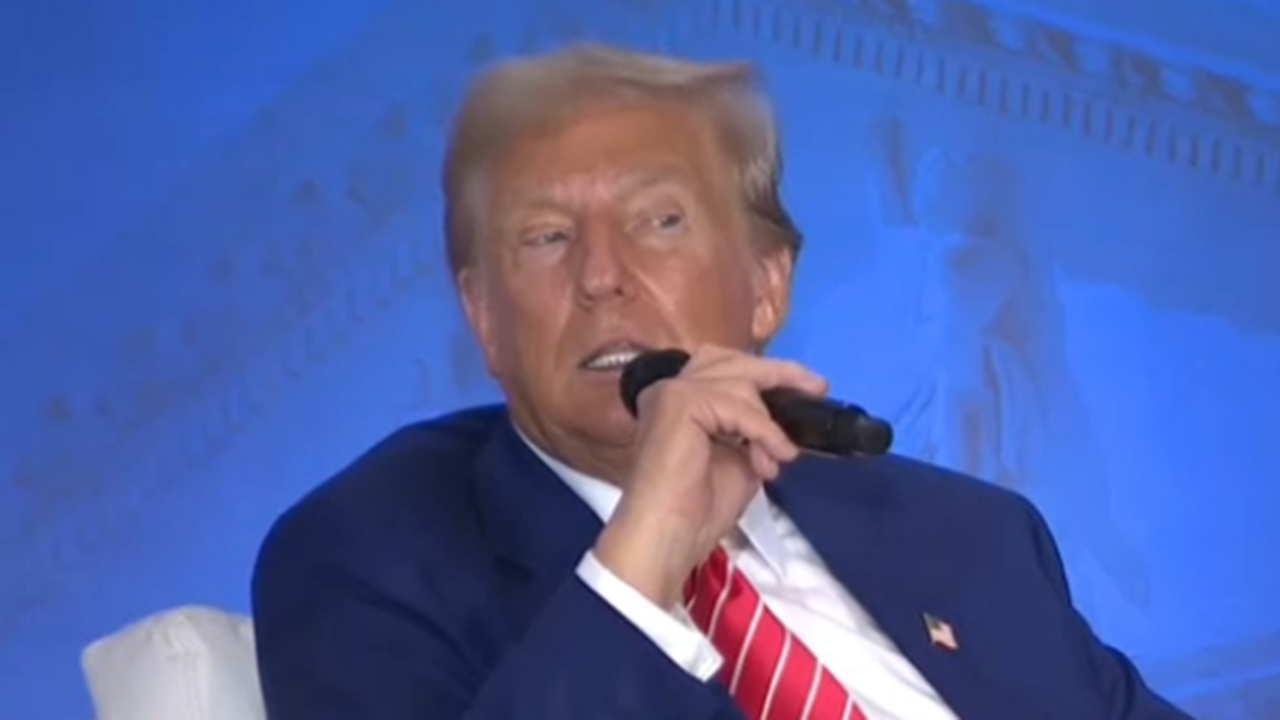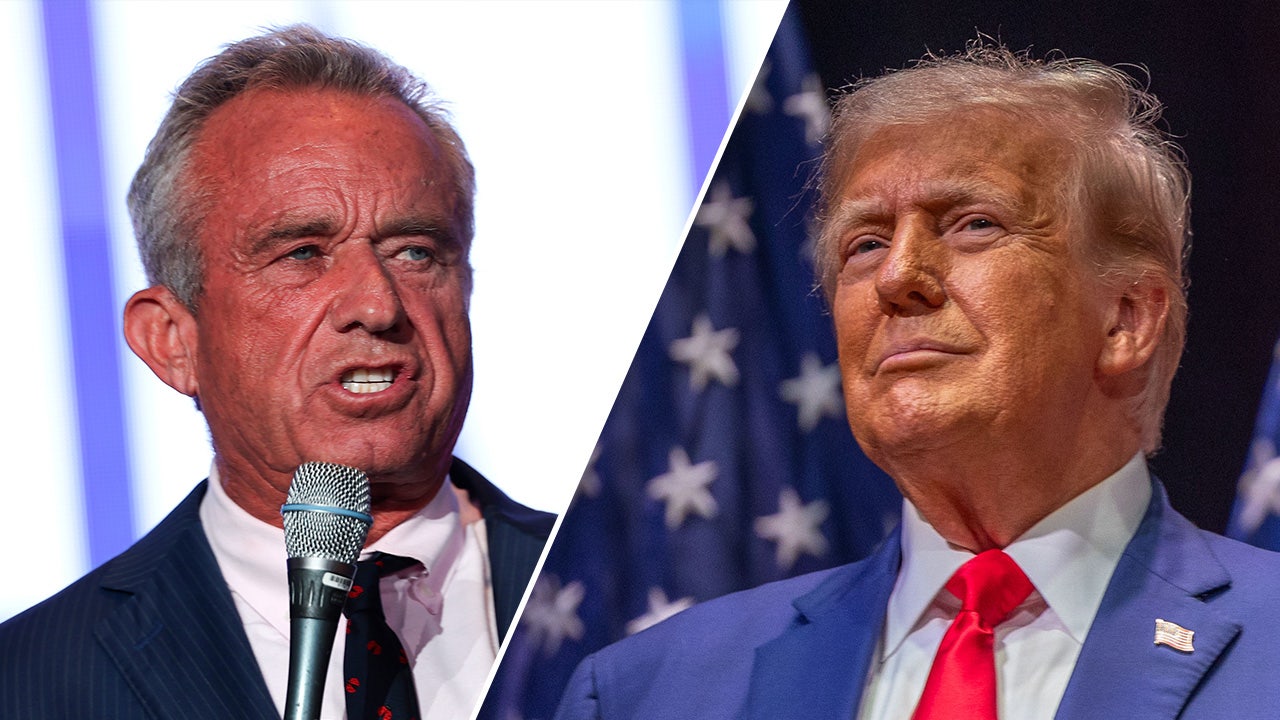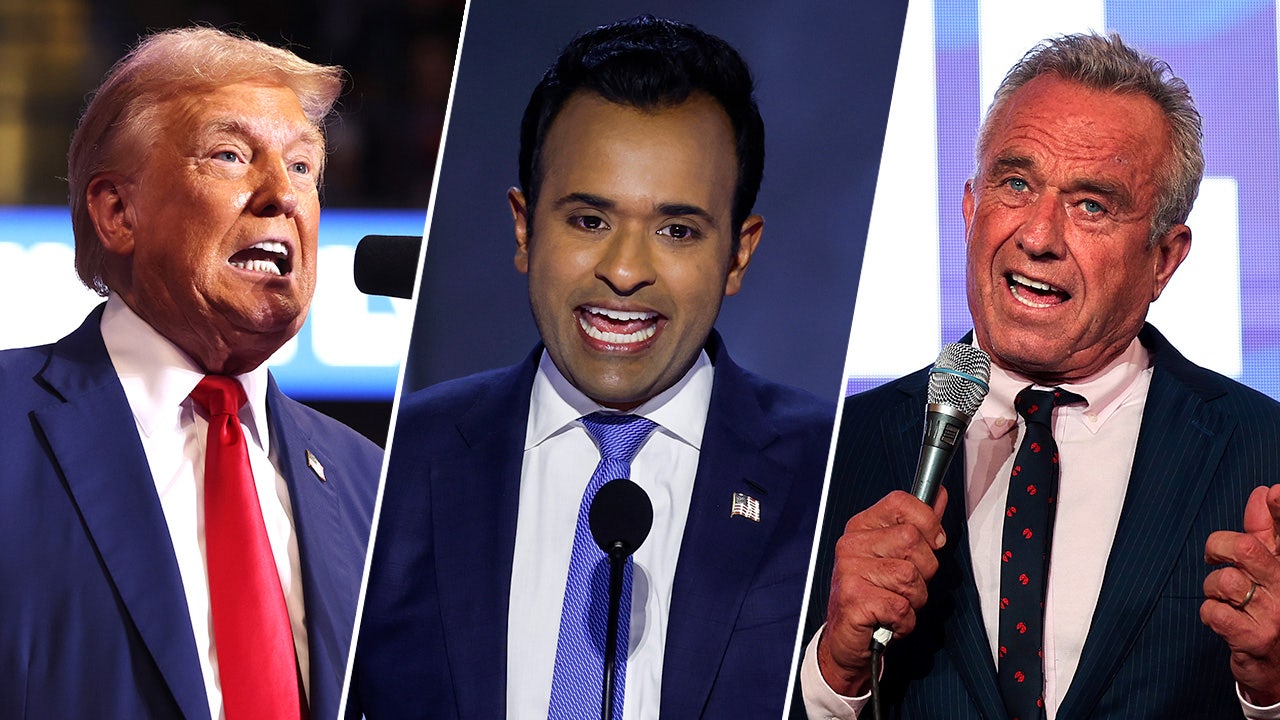A British technology start-up which had promised to build the world’s first space plane is in last-ditch talks to secure new financing after two of its backers wrote down the value of their investment.
Reaction Engines, which was founded in 1989, is in detailed talks with the UAE-backed Strategic Development Fund (SDF), one of its existing shareholders, about a new injection of capital, according to two people familiar with the situation. The SDF led a £40mn funding round in January last year.
The British start-up is also backed by several aerospace giants, including BAE Systems and Rolls-Royce, as well as financial investors Artemis and Schroders.
Reaction has previously raised more than £150mn and grew its commercial revenues by more than 400 per cent last year. The company, however, warned earlier this year that it would need to raise additional financing. It has this weekend lined up PwC, the accountancy firm, to act as administrator if the funding talks collapse.
Sky News first reported that PwC had been put on standby. The accountancy firm, which has not yet been formally appointed, declined to comment on Saturday. Reaction also declined to comment.
Other existing investors are monitoring the situation, said one of the people close to the talks.
Artemis and Schroders both announced last week that they had significantly written down the value of their stakes in Reaction. Artemis cut the value of its 2.3 per cent holding by 75 per cent. Artemis Alpha Trust, the fund that manages the London-based fund manager’s stake, now values it at £1.2mn, compared with £6.4mn in April.
Reaction has in recent years focused on developing a hybrid jet and rocket engine, known as Sabre. The innovative engine was originally planned to power Skylon, a space aircraft also designed by Reaction.
Key to Sabre’s development is Reaction’s groundbreaking pre-cooling technology which prevents engines from overheating and could lead to hypersonic space planes. The company is part of a UK-led military project aiming to make hypersonic flight a reality. At hypersonic speeds, the temperature generated inside a conventional gas turbine would start to melt components unless they were cooled in some way.
More recently the company has focused its attention on developing nearer-term aerospace and commercial applications for its pre-cooling technology. It signed an agreement with US industrial group Honeywell to collaborate on the development of thermal management technologies to help reduce aircraft emissions.
Reaction is chaired by Philip Dunne, a former UK defence minister. It has been led by Mark Thomas, who was previously at Rolls-Royce.

